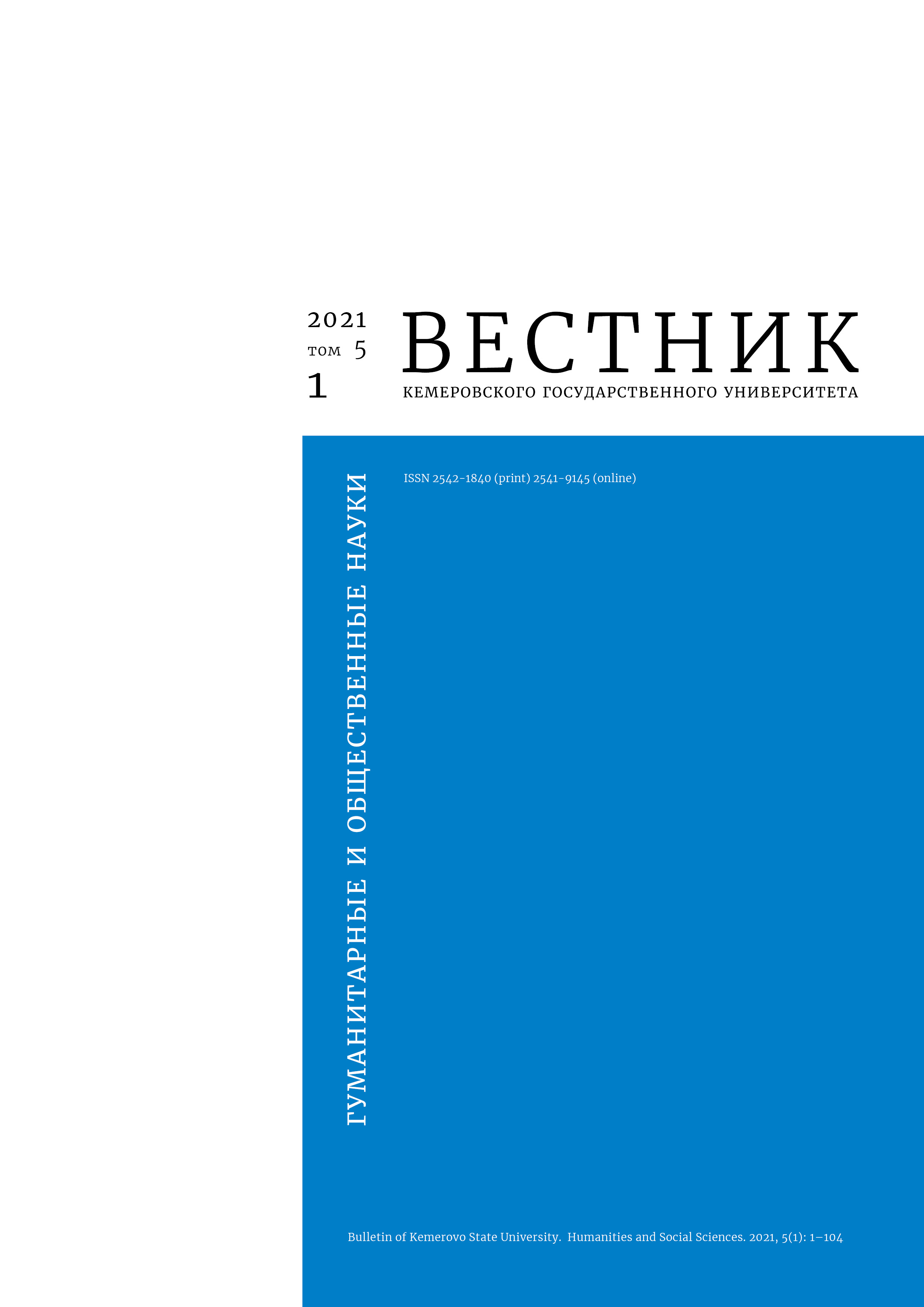Kemerovo, Russian Federation
Kemerovo, Russian Federation
UDC 34
In this article, the authors analyze the changes in civil procedural legislation. The research featured the issues of qualification for legal representatives in all categories of cases, with the exception of cases considered by magistrates and district courts. The study was based on the provisions of the Administrative Procedure Code of the Russian Federation, which initially provided no exceptions for this rule. The authors believe that the expansion of the sphere of professional representation requires an analysis of these amendments and existing regulations on professional representation from the point of view of constitutional right to judicial protection and the right to receive qualified legal assistance. A certificate of higher legal education or an academic degree in a legal specialty does not always indicate the level of professionalism. A professional representative should also have positive practical experience, as well as strive for professional development. The authors assessed the classification of cases that require a professional representative. In this article, they criticize the current monopoly of lawyers on representation in civil court and argue the uselessness of establishing the education and qualification of a representative in its current form. The professionalization of the institution of legal professional representation is possible only under the conditions of the evolutionary development of procedural relations and the imperative consolidation of the rules of a competitive professional process.
reform of representation, guarantees of judicial protection, access to justice, self-defense of the law, competitiveness, efficiency of judicial proceedings, legal monopoly in civil court
1. Bekyasheva D. I. The normatively fixed "criteria" of qualified legal assistance in civil proceedings and arbitration procedure are on the agenda (in the light of the Resolution of the Constitutional Court of the Russian Federation of 16 July 2020 No. 37-P). Vestnik grazhdanskogo protsessa, 2020, 10(6): 101-113. (In Russ.) DOI:https://doi.org/10.24031/2226-0781-2020-10-6-101-113
2. Sherstyuk V. M. The development of the adversarial principle in the arbitration process. Scientists-lawyers of Moscow State University on modern law, ed. Treushnikov M. K. Moscow: Gorodets, 2005, 237-264. (In Russ.)
3. Druzhinina Yu. F., Trezubov E. S. Professional representation in the civil court under the judicial reform. Vestnik Kemerovskogo gosudarstvennogo universiteta. Seriia: Gumanitarnye i obshchestvennye nauki, 2019, 3(2): 165-172. (In Russ.) DOI: https://doi.org/10.21603/2542-1840-2019-3-2-165-172
4. Fomina O. Yu. Professional representation: arguments "pro" and "contra". Actual Problems of Russian Law, 2019, (2): 95-101. (In Russ.) DOI:https://doi.org/10.17803/1994-1471.2019.99.2.095-101
5. Chernova S. I. Professional representation as a civil society institution. Vestnik ekspertnogo soveta, 2019, (4): 93-95. (In Russ.)
6. Professional skills of a lawyer, ed. Nemytina M. V. Moscow: Iurait, 2020, 211. (In Russ.)
7. Reshetnikova I. V. Professional representation in Russian courts: the application practice. Arbitrazhnyi i grazhdanskii protsess, 2020, (11): 19-20. (In Russ.) DOI:https://doi.org/10.18572/1812-383X-2020-11-19-20
8. Sapozhnikov S. A., Barmina O. N. Representation and legal costs of third parties: an analysis of the coming changes in the arbitration and civil procedure. Arbitrazhnyi i grazhdanskii protsess, 2019, (6): 14-20. (In Russ.)
9. Glukhova O. Yu., Nazarov V. V. Prospects for the development of professional representation in Russian arbitration proceedings. Aktual'nye problemy gosudarstva i prava, 2019, 3(11): 385-390. (In Russ.) DOI:https://doi.org/10.20310/2587-9340-2019-3-11-385-390
10. Popova D. G. Professional judicial representation: current situation and prospects. Vestnik Kemerovskogo gosudarstvennogo universiteta. Seriia: Gumanitarnye i obshchestvennye nauki, 2018, (4): 84-91. (In Russ.)
11. Prikhodko I. A., Bondarenko A. V., Stoliarenko V. M. Reform of procedural legislation: goals, problems, and trends. Moscow: Mezhdunar. otnosheniia, 2018, 617. (In Russ.)
12. Gavrilova A. V. Development of the institute of qualified legal assistance in Russia and the former Soviet Union. RUDN Journal of Law, 2020, 24(2): 410-437. (In Russ.) DOI:https://doi.org/10.22363/2313- 2337-2020-24-2-410-437
13. Skuratovsky M. L. On the "benefit" of higher legal education. Vestnik grazhdanskogo protsessa, 2020, 10(5): 47-63. (In Russ.) DOI:https://doi.org/10.24031/2226-0781-2020-10-5-47-63
14. Trezubov E. S. "Procedural revolution". Review of changes to civil procedure codes. Vestnik Kemerovskogo gosudarstvennogo universiteta. Seriia: Gumanitarnye i obshchestvennye nauki, 2019, 3(2): 187-198. (In Russ.) DOI:https://doi.org/10.21603/2542-1840-2019-3-2-187-198
15. Zaikov D. E. Professional legal representation: problems of application practice. Pravo v Vooruzhennykh Silakh, 2020, (5): 6-12. (In Russ.)
16. Reshetnikova I. V. Article-by-article commentary to the Arbitration Procedure Code of the Russian Federation (chapter 6). Vestnik grazhdanskogo protsessa, 2020, 10(1): 100-132. (In Russ.) DOI:https://doi.org/10.24031/2226-0781-2020-10-1-100-132
17. Rusinova E. R., Chudinovskaya N. A. Features of representation in cases of "non-action" proceedings in civil process. Rossiiskii iuridicheskii zhurnal, 2019, (6): 79-87. (In Russ.)
18. Kanunnikova N. G. On the institution of representation in an administrative court. Administrativnoe pravo i protsess, 2020, (4): 58-60. (In Russ.) DOI:https://doi.org/10.18572/2071-1166-2020-4-58-60
19. Ilyin A. V. The principle of justice of administrative proceedings. Zakon, 2019, (1): 95-101. (In Russ.)
20. Divin I. M. Look to professional legal representation through the prism of procedural law. Rossiiskaia iustitsiia, 2018, (3): 22-24. (In Russ.)


















